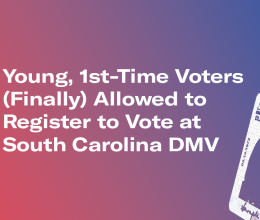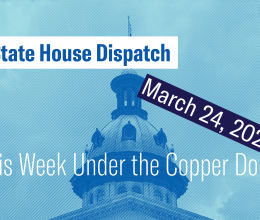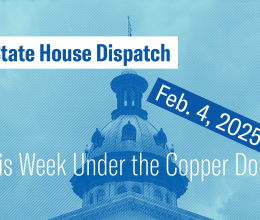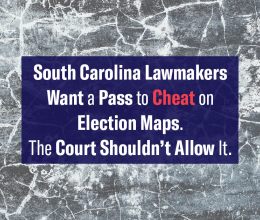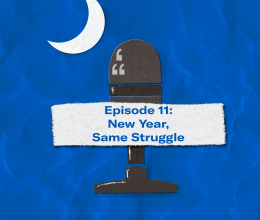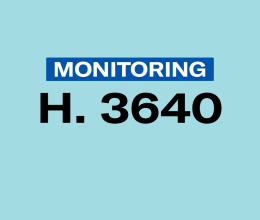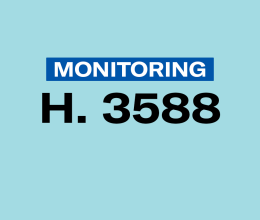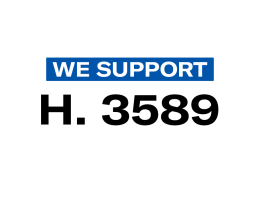
If you follow us on social media, you've probably noticed we've been banging the drum all week about the problem of partisan gerrymandering in South Carolina's state legislative districts.
Today we are launching a petition calling on the South Carolina General Assembly to pass statutory limits on the redistricting process to ensure politicians cannot draw electoral maps for partisan gain.
Gerrymandering cheats us out of a representative democracy.
Representative democracy is a fundamental American value. It’s guaranteed in both the U.S. Constitution and the South Carolina Constitution. Regardless of race, gender, religion, or area of residence, we should each be able to cast a vote and know that it truly matters.
Unfortunately, that is not the case today. Because South Carolina has not established guardrails for the redistricting process, we get new legislative and Congressional district maps every 10 years that are designed to entrench the power of incumbents, dilute the power of certain voters, and artificially cement a majority party’s control.
One analysis by the nonpartisan group PlanScore found that South Carolina’s State House district plan is more skewed along partisan lines than 94% of plans the group had analyzed nationwide.
To put it in non-technical terms: Our politicians are cheating. We demand a change.
Gerrymandering erodes our civil liberties.
One consequence of unfair electoral maps is that legislative policy priorities are far out of sync with public will. To cite a few examples:
- 73% of South Carolinians support legislation that would require a background check to be completed before a person can take possession of a gun (Winthrop Poll, May 2023). But our state’s gun policies consistently move in the opposite direction. As a result, we get disastrous policies like the 2023 “open carry” bill, enacted over the protests of leading law enforcement agencies.
- 76% of South Carolinians support the legalization of medical marijuana, including a strong majority of Republicans and Democrats (Winthrop Poll, April 2023). But year after year, lawmakers fail to pass bills that would legalize prescriptions.
- 63% of South Carolinians do not support a ban on most abortions after six weeks of pregnancy (Winthrop Poll, May 2023). But our lawmakers passed an extreme abortion ban in 2023 that was touted as a 6-week ban, and the legislature-appointed State Supreme Court — the only all-male Supreme Court in the country — upheld it.
Gerrymandering fosters extremist politics.
When lawmakers sort voters to protect politicians, those districts are no longer competitive. As a result, many of our elected officials are effectively chosen in the June primary, rather than the November general election.
This is a widespread pattern in our state. According to an analysis by the nonpartisan Princeton Gerrymandering Project, just 3 of South Carolina’s 124 State House districts are considered competitive.
As the primaries have grown in importance, we have seen a pattern of candidates gaining an advantage over each other with extremist rhetoric and policy proposals. Because primary elections are attended by fewer and more extreme voters, hardliners in noncompetitive districts have been able to oust long-respected centrists and coalition builders. Once in power, they have shifted the state’s legislative priorities toward polarizing culture-war issues and away from the issues that are important to most South Carolinians.
Partisan gerrymandering hurts us all. For the good of all South Carolinians, end partisan gerrymandering now.

